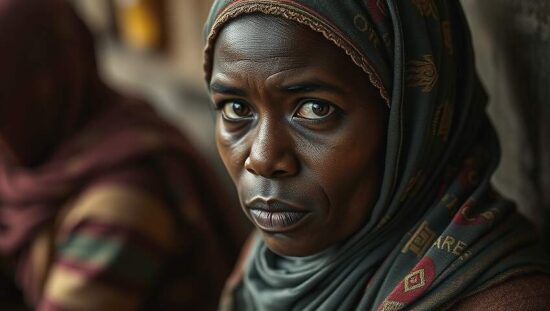Significant cuts to development projects and humanitarian aid are drawing sharp criticism from Caritas International, a leading Catholic relief organization. Oliver Müller, head of Caritas International, voiced concern regarding successive reductions in funding within the German government’s budget plans, highlighting the escalating needs driven by ongoing conflicts, natural disasters and the intensification of the climate crisis.
Müller expressed worry that Germany is increasingly diverging from its commitment to allocate 0.7% of its gross domestic product towards development cooperation and humanitarian assistance, while simultaneously planning to increase defense spending to 5% of GDP in coming years.
Caritas International is already experiencing the repercussions of these reduced resources. Müller cited project closures in the Democratic Republic of Congo and the border region of Thailand and Myanmar, resulting in disrupted medical care and the cessation of clean water distribution programs. The cuts have also impacted local aid workers, with over 5,000 losing their jobs due to lack of funding.
The consequences for vulnerable populations now unable to receive assistance are already severe and expected to worsen. Caritas International is calling for a reversal of these funding reductions. Müller emphasized the need for a shift in perspective, recognizing that investment in development policy and humanitarian aid contributes to global security and climate protection, ultimately benefiting Germany as well.
The budget of the Federal Ministry for Economic Cooperation and Development has been steadily reduced in recent years. Available funds decreased from approximately €12.4 billion in 2022 to a planned €9.9 billion in 2026, with further declines to around €9.3 billion anticipated by 2029. This trajectory puts Germany at risk of failing to meet the internationally recognized Official Development Assistance (ODA) target of 0.7% of gross national income, an agreement initially established by the UN General Assembly in 1970 and subsequently integrated into the UN Sustainable Development Goals.
The international development sector is facing a broader crisis, particularly amplified by the recent suspension of operations by the U.S. Agency for International Development (USAID). A study published in “The Lancet” indicates that without addressing the funding gaps resulting from USAID’s cessation, over 14 million additional deaths – including 4.5 million children – could occur by 2030.





